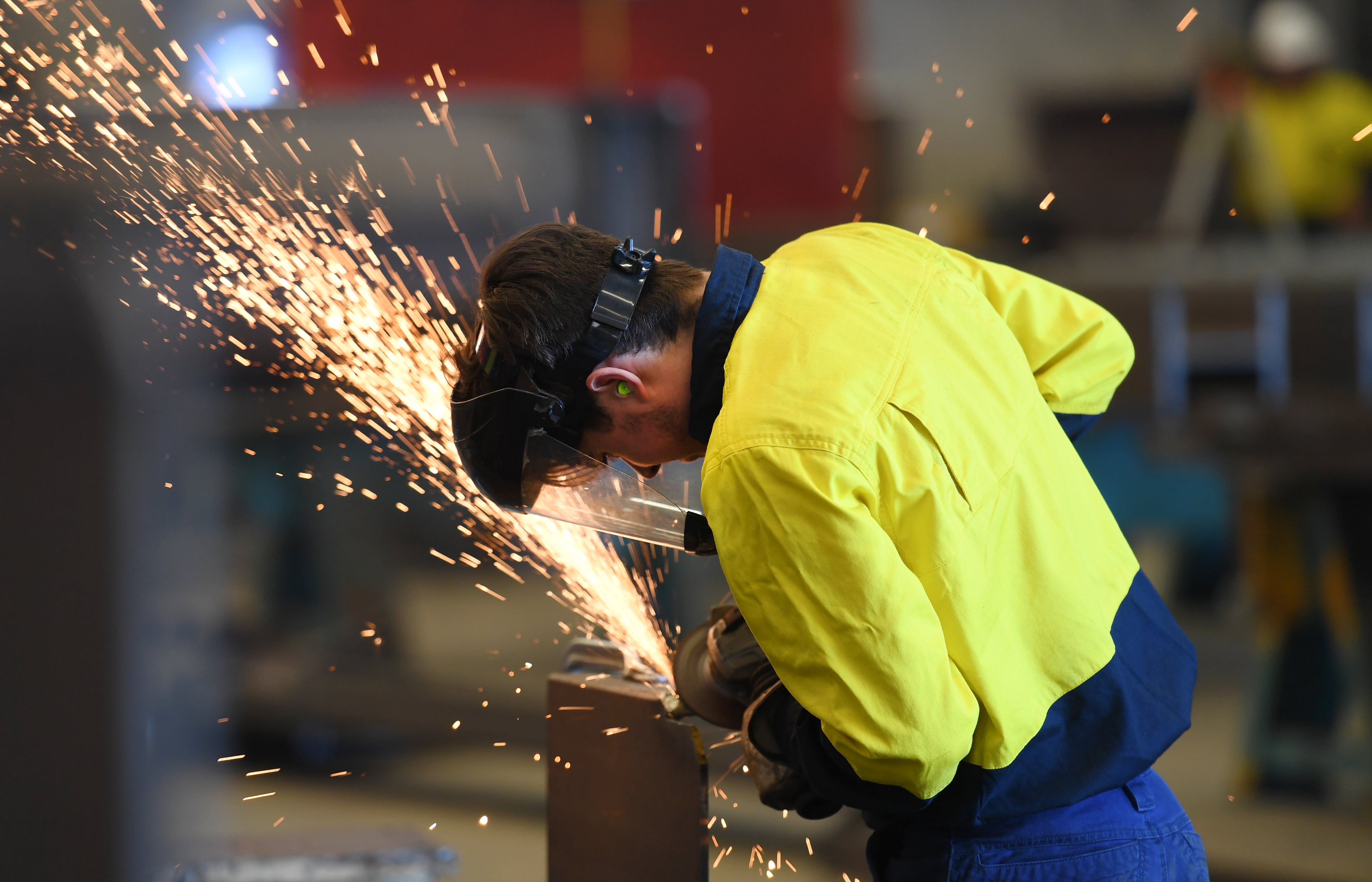
According to Karen Hirschausen, Principal Audiologist at Hearing Australia, taking action early is crucial for improving hearing health outcomes.
An audiologist is urging Australians to prioritize their hearing health following a report that revealed one in 10 Australians is affected by workplace-related hearing loss.
The report also highlighted that a quarter of respondents knew someone who had suffered workplace noise-related hearing damage, with women in Australia seeming less concerned about protecting their hearing compared to men.
“Workers in noisy environments can experience lasting hearing loss even after they have stopped working in that environment,” said Karen Hirschausen, Principal Audiologist at Hearing Australia.
“However, by understanding the risks of noise exposure and practicing good hearing health habits, individuals can safeguard their hearing for the long term.”
Industries at higher risk of exceeding Australia’s noise exposure standards include farming, mining, manufacturing, construction, and the Defense Force, according to Hirschausen.
Moreover, individuals in rural and regional areas of Australia are more prone to hearing issues compared to those in urban areas, with occupational noise exposure being a major contributing factor.
Young farmers, in particular, are seven times more likely to experience hearing loss than the general population of the same age, she added.
“However, other industries such as hospitality, entertainment, and retail also expose individuals to loud noise,” she noted.
The survey also revealed that one in four millennials felt too embarrassed to wear earplugs or earmuffs in loud settings like concerts.
Fatigue and Stress Related to Workplace Noise
A separate report (pdf) by National Acoustic Laboratories (NAL), the research division of Hearing Australia, linked high levels of workplace noise to stress, headaches, tinnitus, fatigue, and increased absenteeism, with potential risks of elevated heart rate, higher blood pressure, and increased cardiovascular disease.
Noise levels below 75 decibels over 8 hours, or peak noise levels below 130 decibels, are unlikely to cause hearing loss.
However, the risk of hearing damage increases with higher noise levels, with peak noise levels exceeding 140 decibels usually associated with impact or explosive noise like sledgehammering or gunshots.
“Exposure to noise levels above this threshold can result in immediate hearing damage,” the report stated.
Hirschausen emphasized that while Australia has strong regulations regarding hearing protection in noisy workplaces, it is crucial for employers and employees to take proactive steps to reduce workplace noise exposure.
“It’s also important to consider the noise exposure outside of work and protect your hearing during noisy leisure activities such as mowing the lawn, using power tools, or attending loud events,” she advised.
Strategies for Managing Hearing Health
Hirschausen recommended various noise control methods, including limiting time spent in noisy environments, using quieter equipment, and ensuring proper hearing protection is worn.
“When using hearing protection, it’s essential to choose equipment that is comfortable, easy to use, clean, compatible with other protective gear, and suitable for its intended purpose,” she explained.
“We also encourage individuals to use smartphone noise apps to monitor their own noise exposure. These apps can be effective in promoting behavioral changes as they provide real-time feedback on noise levels, allowing individuals to adjust their behavior accordingly. This can enhance overall awareness of sound levels,” she added.
Hirschausen also provided guidance for millennials and individuals attending loud events like concerts.
“In settings such as concerts and nightclubs, noise levels can reach damaging levels for hearing,” she cautioned.
“Therefore, we recommend that individuals who frequent such venues take precautions to protect their hearing, such as taking breaks, moving away from speakers, and carrying earplugs.
“Regular hearing check-ups are essential, and if any concerns arise, individuals should consult their GP or an audiologist. Taking early action is crucial for achieving positive hearing health outcomes.”





